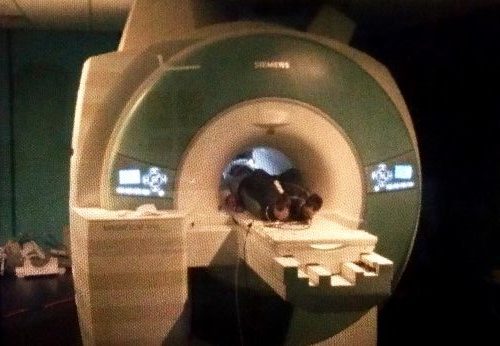When is the best time to write science fiction?
100,000 words a month is your minimum goal
I thought for many newbies out there that this question might be something to consider. If you’re not yet at the stage of writing 100,000 words a month (that you can use, not including discarded words) then you might still be struggling with just being able to write, let alone when.
Professional authors who make a living from ‘pages-read’ on Amazon would have to meet at least that target every month to pay the bills. Then again, if you work in any administrative capacity, that would be how many words you would write in emails and documents every month as a matter of course. Why not do it full time writing on something you love?
So, assuming that your goal is to eventually get to 100,000 publishable words a month, when is your most productive time of the day?
Circadian Rhythm
Now we get into some interesting aspects of the circadian rhythm. Not just on your energy levels, but the chemicals in your system and your state of mind, also.
It was recently proven that human beings generally have an emotional rhythm too. We’re a lot more analytical, focused and reasoning in the morning, and a lot more emotional, unfocused and unreasoning in the evening. That means that there are at least two sides to every human being on the planet! [Study of 800 million tweets finds daily cycles of thought]
Emotional in the evening, emotionless in the morning. It probably explains some one-night-stands leaving before their hookup wakes up!
And so, if we have two noticeably different states of being day to day, how will this affect our writing, and when is the best time to write what we want to write?
Morning for…
If you need to do some major editing, cutting out paragraphs, soul searching about bits you love but aren’t suitable and bits you hate that need more work, then the morning is the best time for your analysis. I would say 6am to 10am could be your peak writing period, depending on your other responsibilities.
If you’re able to write focused, with minimum breaks, delaying breakfast, then your most productive time (productivity as measured by an editor) would be that four-hour period in the early morning.
For me, it’s not. My most productive period is between 2am and 6am, but these aren’t times suitable for the average person.
Now, just think. If your goal is 100,000 words per month, and you write at 60 words a minute, that’s 3600 words per hour, 14400 words per 4 hours, 100,800 per week! After you’ve spent researching, rereading, reediting and the like, you could easily do 100,000 publishable words a month.
How exciting!
But boring!
But, would anyone read it? If the morning is your best time to be analytical, is your fiction going to end up being something staid, boring, repetitive, and featuring dull characters traveling somewhere and having basic adventures before reaching their reward?
Sadly, yes!
Evening for…
Which means you need to mix it up a bit. Your more emotional side comes out more in the evening, so you may wish to plan for using that time to write your emotional scenes. You know, the ones where you’re literally crying as you write each characters’ heart wrenching discovery/situation. You can write the emotional dialogue, the terrible conflict, the harrowing ordeals in the evening where you can use your own inner turmoil to add life to your characters.
Interestingly, social media is awash with heavy emotion in just about everything. Why? Because everyone is spending time on social media during their emotional times. If we restricted social media to the times human beings were less emotional and more analytical, we’d get a lot more civil and well-thought out responses on these platforms.
Imagine the world if every aspect of our lives took into account our emotional states at certain times? Issues that needed serious analysis of the facts and limited emotional influence would only ever be discussed in the early morning. No more emotional conflicts ever!
But I digress.
Write at different times
And so, now you know. Write your emotional scenes at night and your analytical scenes in the morning. Do all your planning and editing in the morning, and fill in the gaps at night.
You’ll soon be churning out, I mean, creating compelling fiction every month to keep that money rolling in.
To your writing.
[Edit: I’ve recently read blog posts by other authors who say they aim for a minimum of 10,000 words a day. So, your ultimate goal to making a reasonable go at it as a professional author is approximately 280,000 words a month.]



